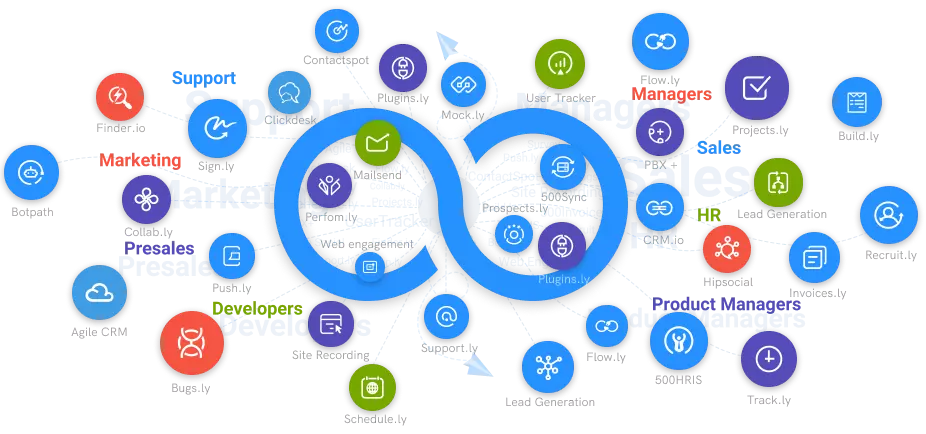Comparing the security features of REST APIs and SOAP APIs
REST and SOAP are two of the most popular ways to create APIs. They both have their own advantages and disadvantages, but which one is more secure? In this article, we will compare the security features of REST APIs and SOAP APIs.
#1
Minimal Coding
#2
Lower Maintenance Cost
#3
Automated Software
#4
Advanced Security
#5
Multi - APIs Connectivity
#6
Data Privacy
#7
Performance Tracking & Monitoring Tool
#8
Centralized Logging System
#9
Unbelievable pricing - the lowest you will ever find
#10
Everything your business needs - 50 apps, 24/5 support and 99.95% uptime
While SOAP API is its Protocol, REST API is an Architectural Style
The SOAP API makes use of the service interface, and the REST API uses URIs (Uniform Resource Identifiers). SOAP API is designed according to the functionalities that the API exposes. The SOAP API is an XML-based protocol that enables communication between two or more users. The SOAP API's sole concern is to prevent unauthorized users from accessing sensitive information in the messages. On the other hand, REST API is HTTP-based. It uses HTTP to request and access data, which can be used to GET, PUT, POST, and DELETE different types of data types.
REST API Accesses Resource Data, Whereas SOAP API Performs the Operation
REST API offers a plethora of data formats like HTML, XML, JSON, and plain texts. It accesses data when you enter the URL and select the HTTP method for GET, POST, or PATCH. It sends numerous responses to the REST API, which accesses the resource data. Whereas, SOAP API is limited to only XML. The data format includes the SOAP envelope, header, and body. SOAP API helps create, recover, and delete previous records like passwords, customer information, and leads.
SOAP API Requires More Bandwidth, But REST API Only Requires URL as a Resource
Although SOAP API has an envelope-style of payload transport, REST API is a web service that does not require many resources. SOAP API requests require a considerable amount of bandwidth as it contains more volume of data compared to the REST API. As a result, more bandwidth can incur more unnecessary traffic.
The Security Method Is Different In Both APIs
SOAP API supports Web Services security, WSS, which is ideal for the integration with enterprise-level API security tools. It also supports the SSL (Secure Sockets Layer) for end-to-end encryption. It is enterprise-level protection, which is not present in the REST API security.
Some common ways of securing the REST API are
-Authentication and authorization
-Always using HTTPS
-User-machine-generated API keys
-OAuth 2.0 to secure a wide number of REST APIs
-OpenID, an open-source authentication protocol
The best practices for WSS are
-Keeping track of auditing and logging management
-Keeping track of phone calls to the web service
-Avoiding adding sensitive information
-Maintaining a proper authentication
-Tracking the overall business operation
REST API supports HTTP protocol and HTTPS. Both APIs use SSL to protect sensitive data. However, WS security offers an additional layer of security in the SOAP API to ensure that the right server only reads the message content.
REST API Calls Can Be Cached, But SOAP API Calls Cannot Be Cached Caching the data means that it can be reused in the future without sending another request to the server. REST APIs require you to implement the cache method to ensure scalability and performance go hand-in-hand. The SOAP APIs requests are sent through the POST request, and it is likely that the responses to not be cached at the HTTP level.
REST And SOAP API Handle The App Payload In A Different Way REST API uses HTTP and JSON to lighten the payload of your application. However, SOAP API only uses XML, which makes it more challenging and complex. SOAP API has a strict communication policy that is tightly coupled with the server compared to the lightweight REST API. On the other hand, REST API offers a higher level of security between the two technologies, which makes it convenient to update and make changes while also maintaining good interaction with the clients.





